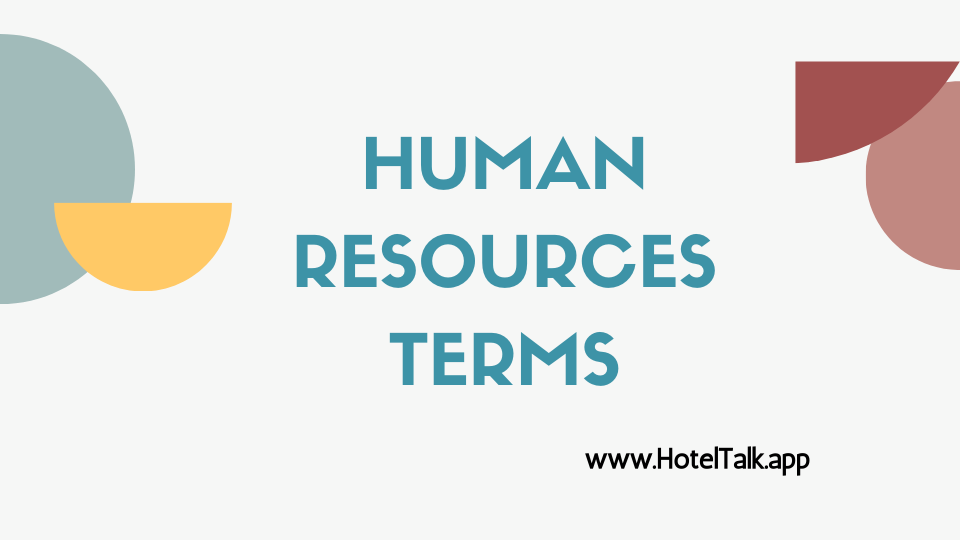Appraisal (employee): An objective and comprehensive rating or evaluation of employees.
Customer (internal): Employees of the hospitality operation.
Customer (external): Guests served by the hospitality operation.
Absolute standard (performance appraisal method): Measuring an employee ’ s performance against an established standard.
Relative standard (performance appraisal method): Measuring one employee’s performance against another employee’s performance.
Targeted outcome (performance appraisal method): Measuring the extent to which specified goals were achieved.
BARS: Short for Behaviorally Anchored Rating Scales, an appraisal system in which employees are evaluated based on their display of definitive, observable, and measurable behaviors.
BOS: Short for Behavioral Observation Scale, a type of appraisal system in which judgments about employee performance are related to a series of statements describing specific examples of observable behaviors.
Management by objectives: A plan developed by an employee and his or her supervisor that defines specific goals, tactics to achieve them, and corrective actions, if needed.
Peer evaluation: An appraisal system that utilizes the opinions of coworkers to evaluate an employee’s performance.
Upward assessment (performance appraisal method): An appraisal system that utilizes input from those staff members who are directly supervised by the staff member being evaluated.
360- degree appraisal(performance appraisal method): A method of performance appraisal that utilizes input from supervisors, peers, subordinates, and even guests and others to provide a comprehensive evaluation of a staff member’s performance.
Reliability: The ability of a measuring tool to yield consistent results.
Validity: The ability of a measuring tool to evaluate what it is supposed to evaluate.
Halo effect: The tendency to let the positive assessment of one individual trait influence the evaluation of other, nonrelated traits.
Pitchfork effect: The tendency to let the negative assessment of one individual trait influence the evaluation of other, nonrelated traits.
Discipline (management action): Any effort designed to influence an employee’s behavior.
Disciplined (workforce description): The situation in which employees conduct themselves according to accepted rules and standards of conduct.
Progressive discipline: A program designed to modify employee behavior through a series of increasingly severe punishments for unacceptable behavior.
Oral warning (documented): The first step in a progressive discipline process: a written record is made of an oral reprimand given to an employee.
Reprimand: A formal criticism or censure by a person with authority to do so.
Warning (written): The second step in a progressive discipline process that alerts an employee that further inappropriate behavior will lead to suspension.
Suspension: The third step in a progressive discipline process: a period off from work resulting from ongoing inappropriate behavior.
Dismissal: An employer-initiated separation of employment.
Counseling (employee): A process to assist employees in overcoming performance problems.
Turnover: The replacement of one employee by another.
Separation (voluntary): An employee-initiated termination of employment.
Separation (involuntary): An employer-initiated termination of employment.
Exit interview: A meeting between a representative of the organization and a departing employee.
Good faith: The honest intent to act without taking an unfair advantage over another person.
Protected class: A group of workers with a characteristic specifically identified by an employment related law or ordinance as protected.
Performance management: A systematic process by which managers help employees to improve their ability to achieve goals.
